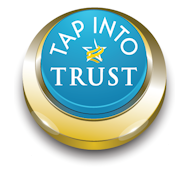
Thank you to these amazing colleagues!
Since launching Trust Across America-Trust Around the World over ten years ago, I have been fortunate to have engaged with thousands of global scholars and professionals in my search to find meaning in the word “trust.” Among them are these amazing eleven individuals who have chosen to voluntarily serve as members of our Trust Council.
If you are interested in learning about organizational trust, I’d suggest you start here:
Bart Alexander (Colorado)
A Principal at Alexander & Associates LLC Bart’s firm assists leaders, teams and organizations in integrating sustainability into their purpose, strategy and culture.
Donna Boehme (New Jersey)
An internationally recognized authority in the field of compliance and ethics, Donna designs and manages compliance and ethics solutions for a wide spectrum of organizations. Principal of Compliance Strategists, a N.J.-based consulting firm.
Alain Bolea (Boston & Colorado)
A management advisor who helps organizations integrate the necessity of “making money” and the desire to “do the right thing” in terms of sustainability and social responsibility. Alain works with leaders as an executive coach, and consults to organizations on strategy and development using group processes.
Randy Conley (California)
Vice President of Client Services & Trust Practice Leader for The Ken Blanchard Companies, Randy oversees Blanchard’s client delivery operations and works with organizations around the globe helping them build trust in the workplace. Author of the award-winning Leading with Trust blog, Randy is a recognized authority in the field of trust and leadership.
Stephen M. R. Covey (Utah)
Stephen is the New York Times and #1 Wall Street Journal bestselling author of The Speed of Trust: The One Thing that Changes Everything, which has been translated into over 20 languages worldwide. A Harvard MBA, Stephen co-founded and leads Franklin Covey’s Global Speed of Trust Practice.
Charles H. Green (New Jersey & Florida)
An author, speaker, and founder-CEO of Trusted Advisor Associates, Charles co-authored the classic The Trusted Advisor, along with The Trusted Advisor Fieldbook, as well as writing Trust-based Selling. He founded Trusted Advisor Associates in 1999, which helps create trust-based organizations and relationships in complex B2B businesses globally.
Nadine Hack (Switzerland)
Nadine Hack, CEO beCause Global Consulting advises Fortune 500 company executives, heads of state, and other leaders and organizations. She was Board Chair of Desmond Tutu Peace Foundation and served as non-executive director on other for- and not-for profit boards.
Deb Krizmanich (Canada)
Deb is an accomplished business strategist, facilitator and entrepreneur driven by a passion for technologies that unleash the innate potential of individuals and groups. In 2010, she founded Powernoodle to provide a cloud-based platform to leverage the inherent diversity of people and groups to improve how decisions are made and implemented.
Linda Fisher Thornton (Virginia)
An innovative leadership development consultant with a passion for ethical leadership, Linda’s book 7 Lenses, introduces the 7-Lens model for seeing ethical complexity and a holistic model for learning ethical leadership. She teaches leadership and applied ethics as adjunct associate professor for the University of Richmond SPCS.
Bob Vanourek (Colorado)
Leadership expert Bob Vanourek is the former CEO of five companies, ranging from a start-up to a $1 billion NY stock exchange company. Bob is the author of two award-winning books: Leadership Wisdom: Lessons from Poetry, Prose, and Curious Verse and the co-author of Triple Crown Leadership: Building Excellent, Ethical, and Enduring Organizations.
Bob Whipple (New York)
“The Trust Ambassador,” Bob is CEO of Leadergrow Inc., an organization dedicated to growing leaders. He is an international speaker on the topics of trust and ethics.
Thank you Trust Council members. Here’s to more trust in 2020!
Barbara Brooks Kimmel is the Founder of Trust Across America-Trust Around the World whose mission is to help organizations build trust. She also runs the world’s largest global Trust Alliance and is the editor of the award-winning TRUST INC. book series. Barbara holds a BA in International Affairs from Lafayette College and an MBA from Baruch at the City University of NY.
For more information visit our website at www.trustacrossamerica.com or contact Barbara Brooks Kimmel
Copyright 2019, Next Decade, Inc.
 This post is written for my leadership, ethics and Board advisor friends on LinkedIn.
This post is written for my leadership, ethics and Board advisor friends on LinkedIn.
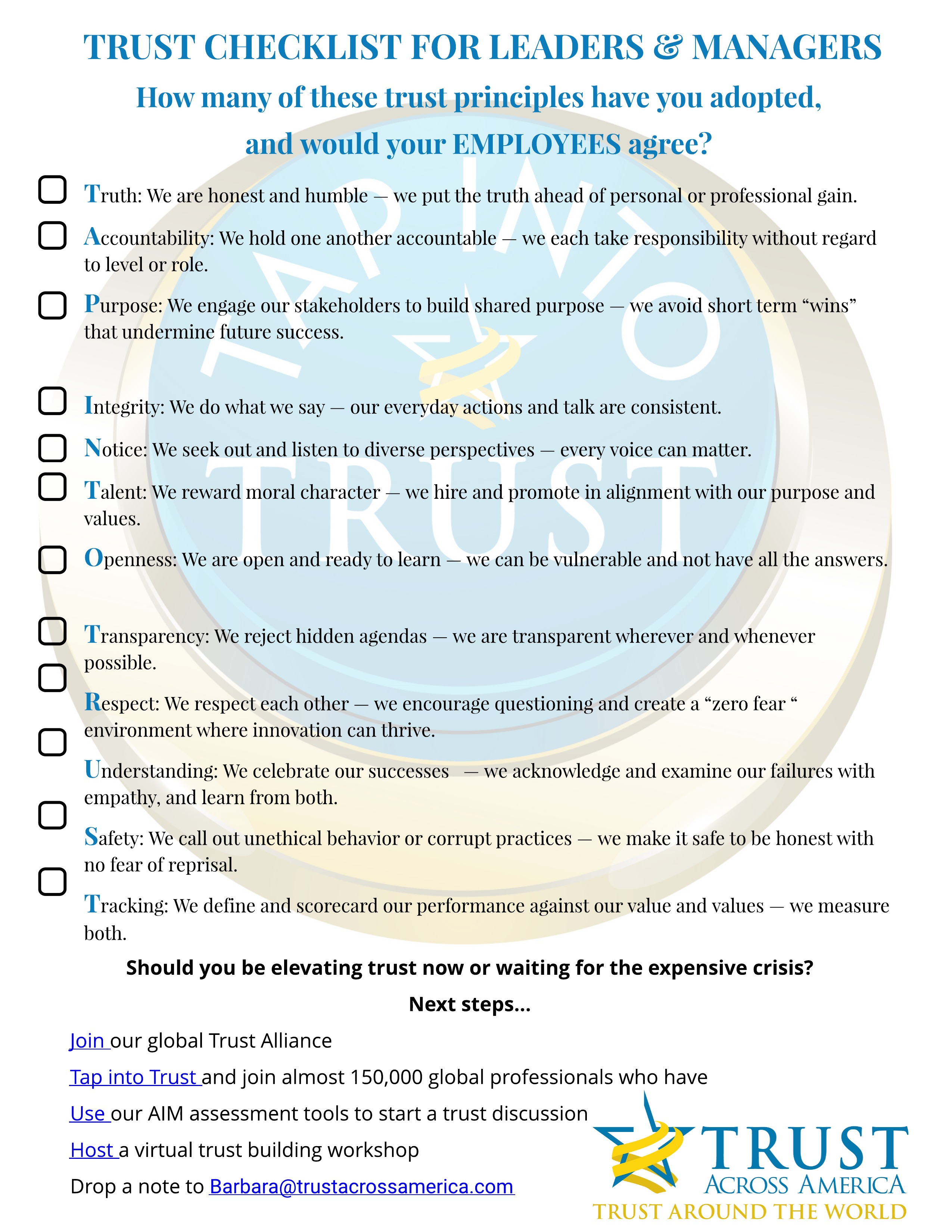
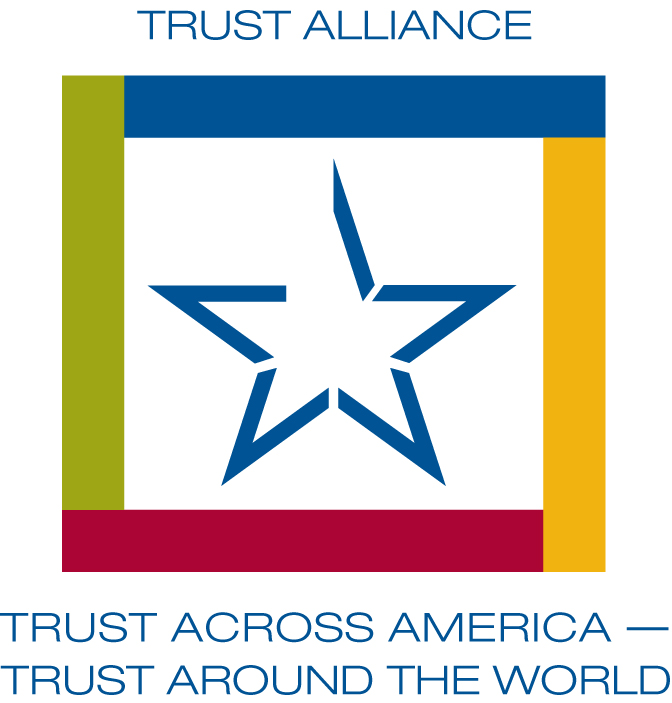
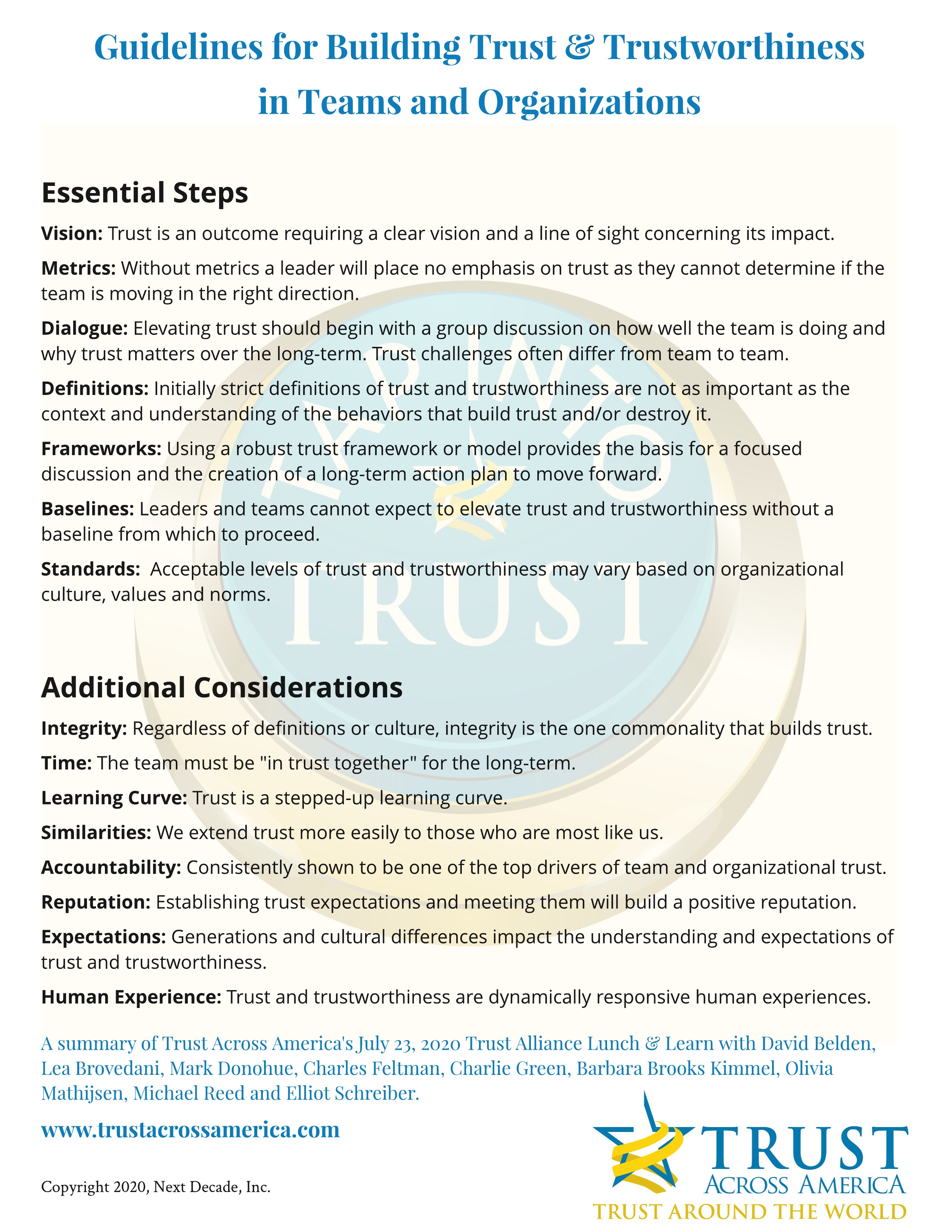
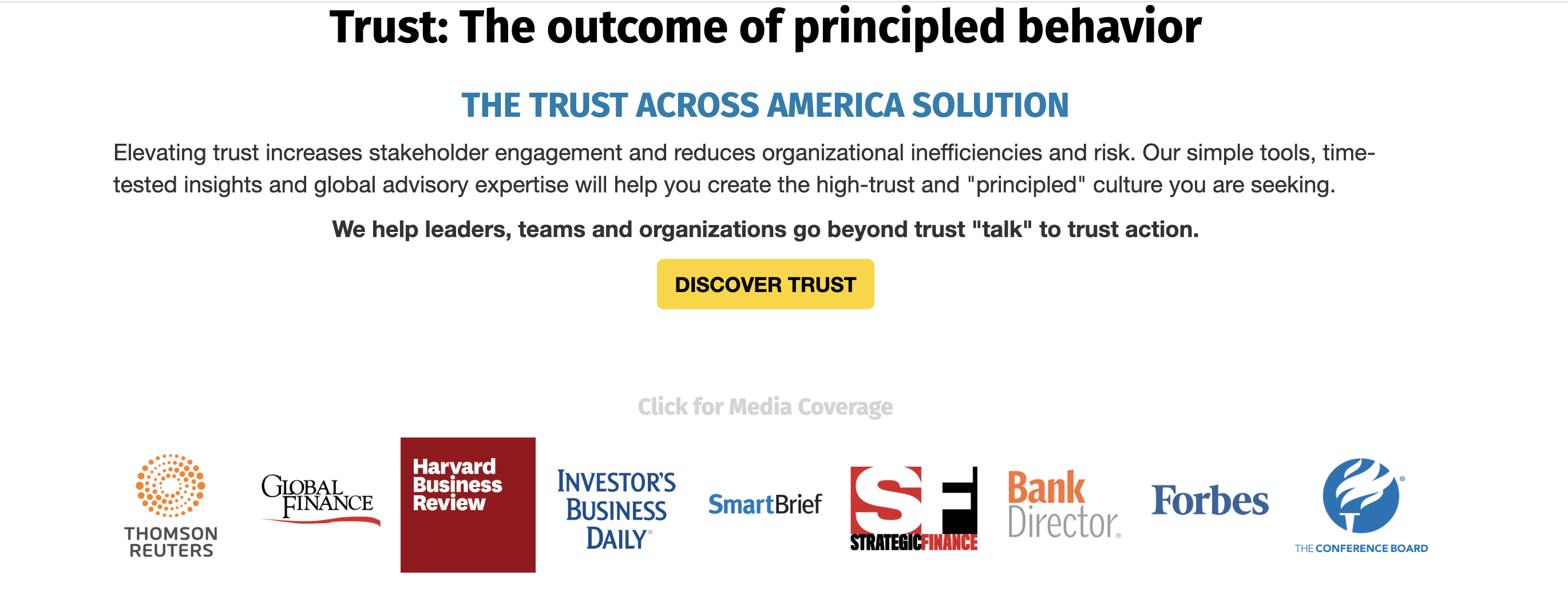
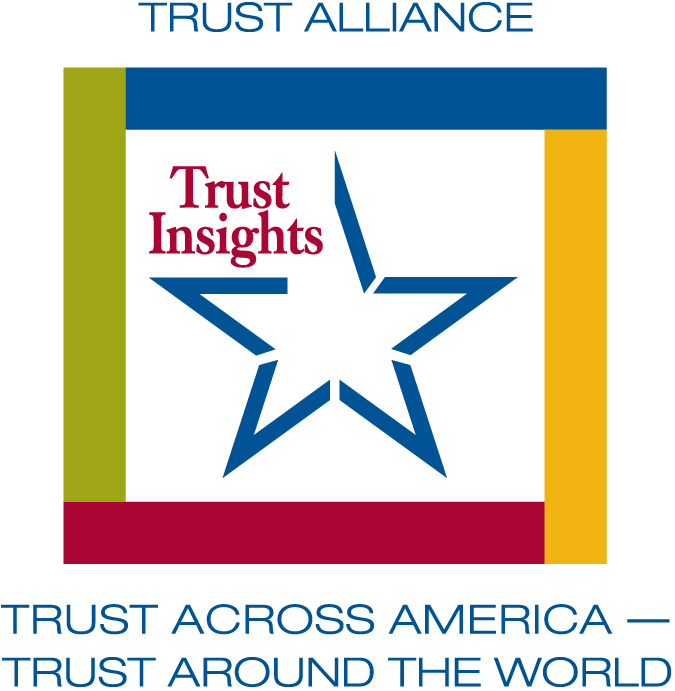

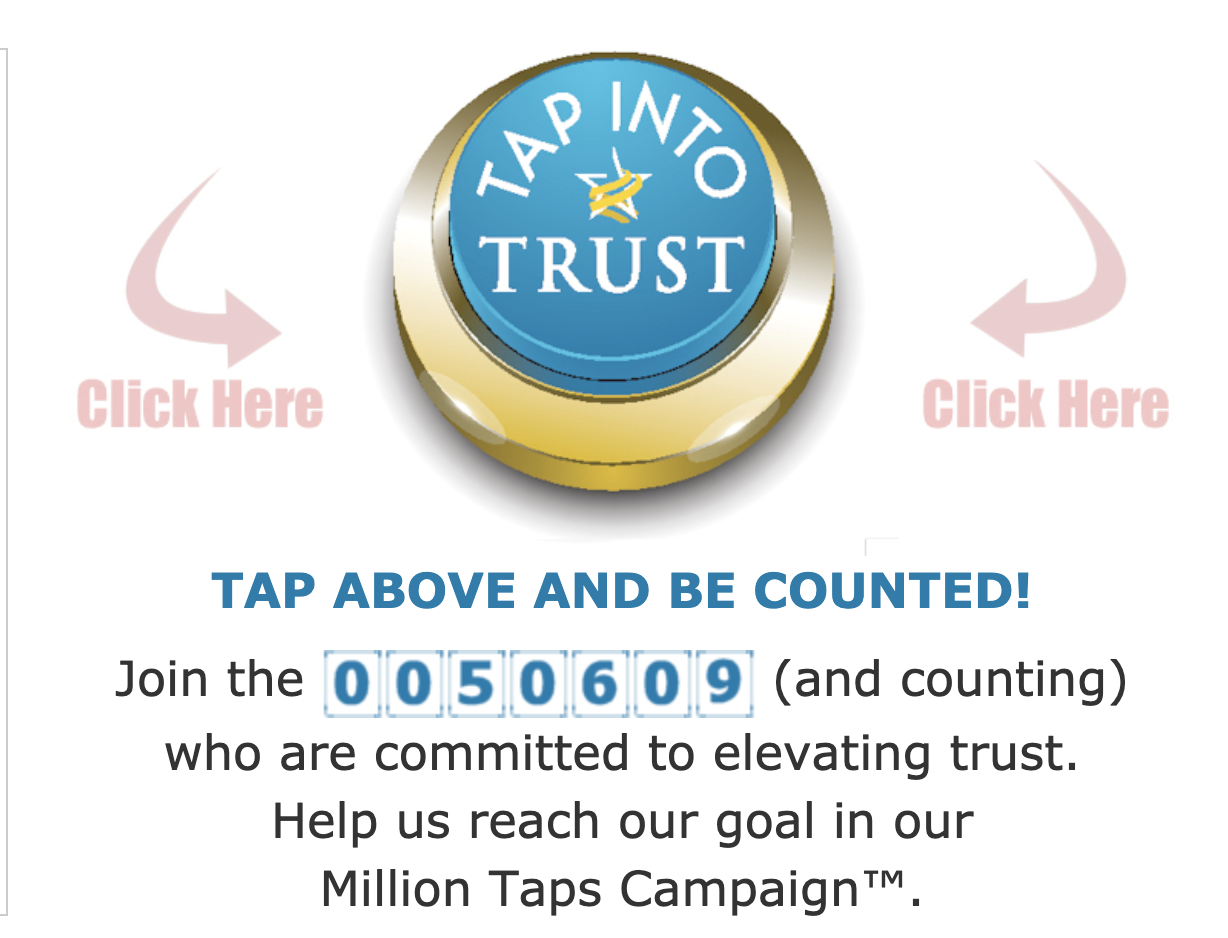
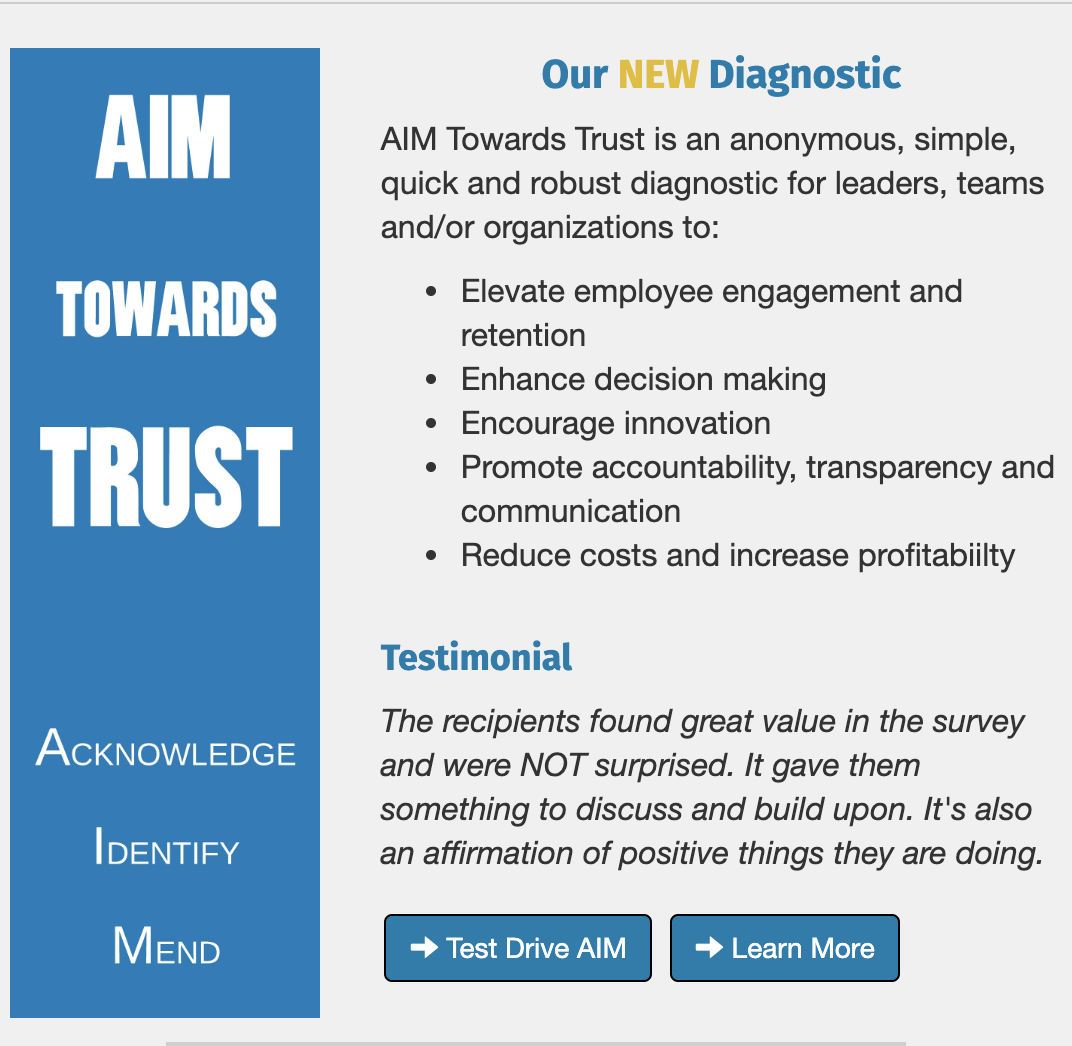
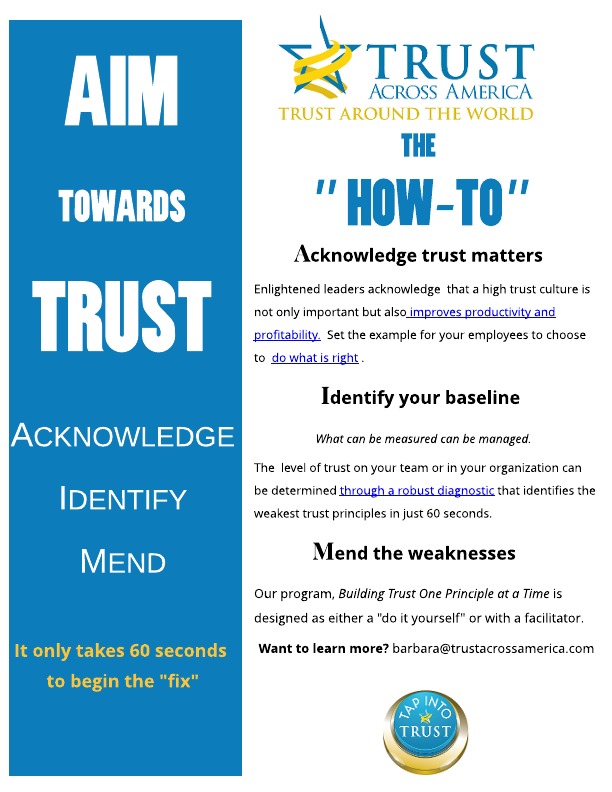
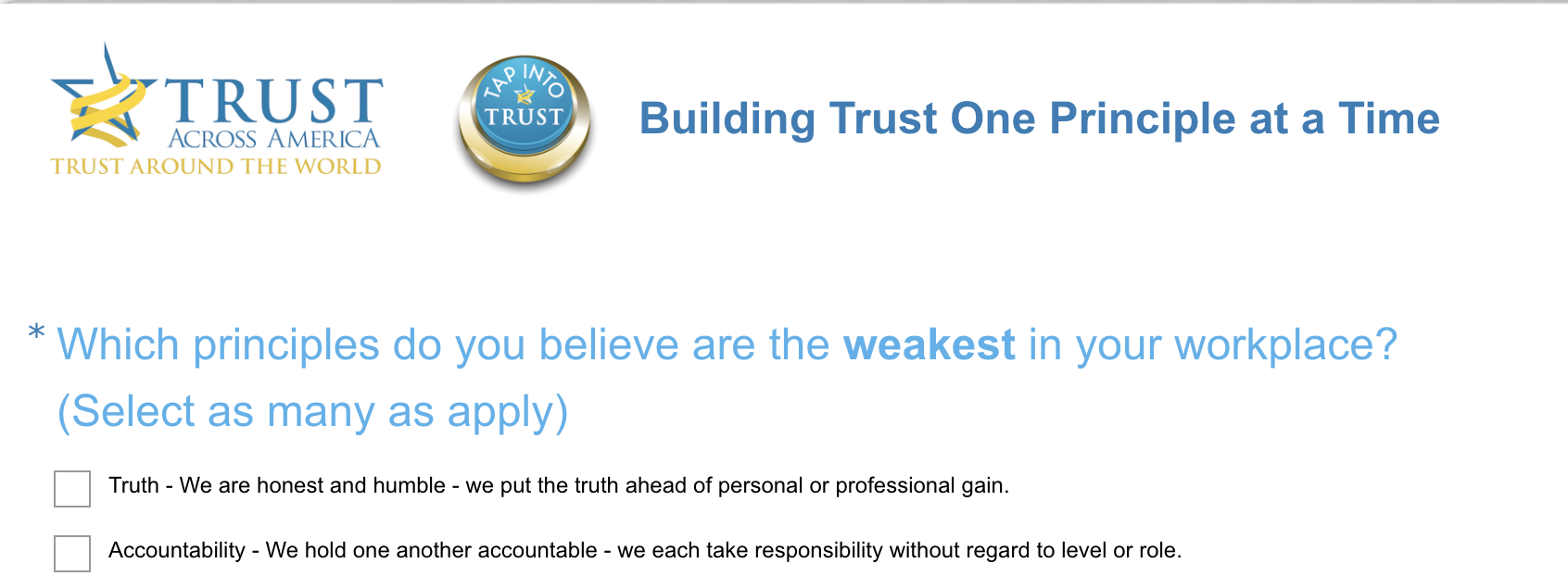

Recent Comments